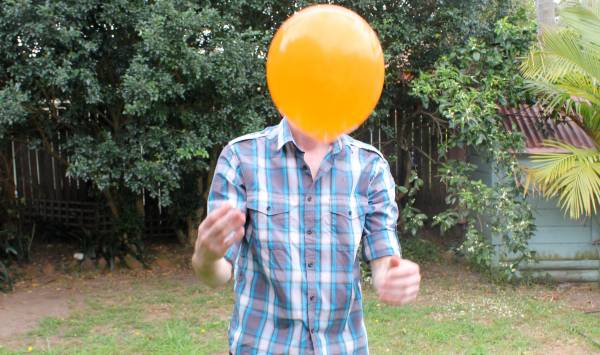Foundry 616, July 16

Film played a major role in liberating music from the shackles of genre, thanks to pioneering scores by the likes of Nino Rota, Ennio Morricone, Henry Mancini and Krzysztof Komeda. Otherwise we may never have enjoyed the breadth of work from such composers as New York’s John Zorn and Sydney’s Julian Curwin.
The Mango Balloon is the sister project of Curwin’s Tango Saloon. Where the latter often deals more overtly in pastiche and affectionate satire, the Mango Balloon dares to be more delicate and to occasionally wear its musical heart on its sleeve. Curwin uses his sextet more like a small orchestra than a band, the music defined by the subtleties of his scoring as much as by the melodies and rhythms.
The compositions are everything, and yet the character of each player still shines through, like different panes in the same stained-glass window. But even when Curwin’s music is at its most mellifluous along comes some slightly bizarre or amusing flourish.
The three non-originals indicate the span of his interests. The Windmills of Your Mind (by Michel Legrand, another pivotal film composer) is a masterpiece of spiralling melody and harmony that featured a Marcello Maio piano solo where each note was as carefully weighted as are words when trying to bandage a broken relationship. The Ventures’ Baja was made distinctive by those preeminent instruments of surf music, the accordion and trumpet, and Perfect Day was probably the most beautifully-crafted song Lou Reed ever wrote.
Curwin’s pieces, meanwhile, played with mood as lightly as a child does with, well, a balloon. Romero had all the abandon of a Sicilian wedding celebration, capped with trumpet from Sam Goldings sweet enough to dislodge a filling. The rhythm section of Mark Harris (bass), Danny Heifetz (drums) and the remarkable Jess Ciampa (percussion) made the music fizz as suddenly as a Berocca dropped into water. Meanwhile Curwin’s acoustic or electric guitar provided shimmering backdrops or created lines uniquely blending innocence and wryness.